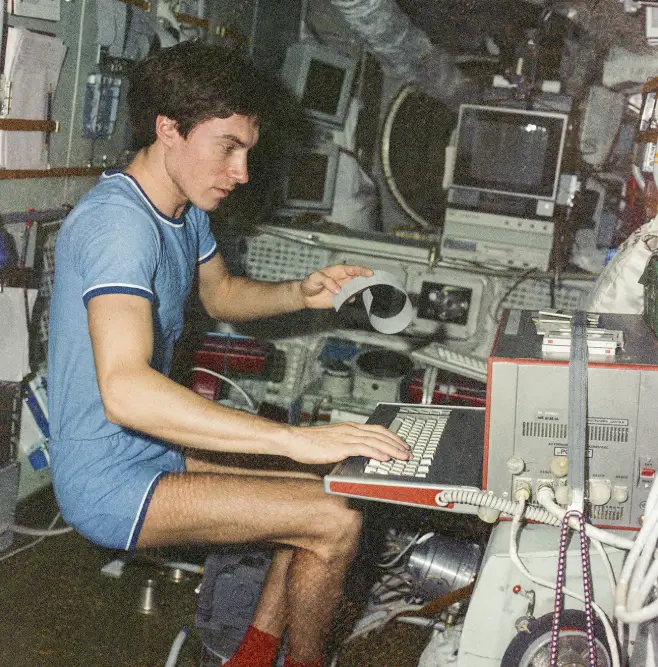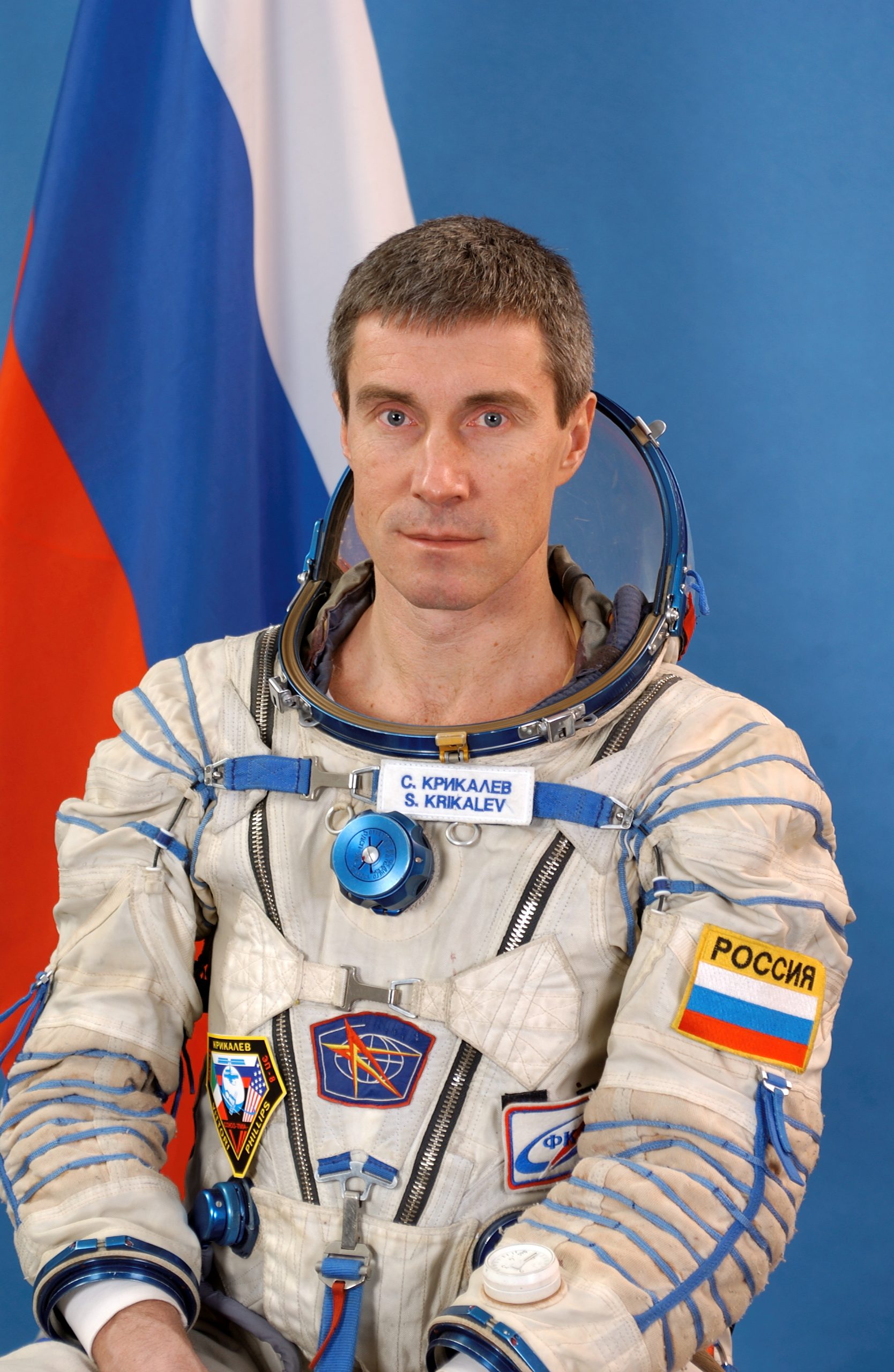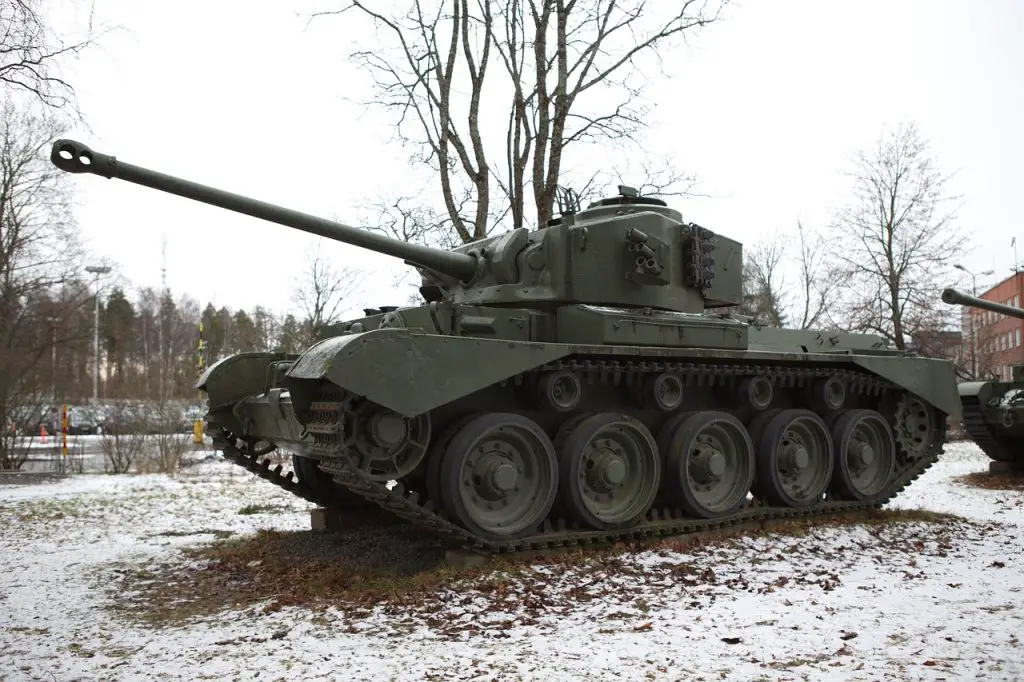 magine you’re the last person from your country in low Earth orbit, only 222 miles up in the air, and you don’t know if you’ll ever land on Earth again. You’re alone and beaten by politics, but you’re not lonely and desperate, because you’re talking to hundreds of radio amateurs on Earth who pick up your frequency and the blue marvel seems to be dancing only for you.
magine you’re the last person from your country in low Earth orbit, only 222 miles up in the air, and you don’t know if you’ll ever land on Earth again. You’re alone and beaten by politics, but you’re not lonely and desperate, because you’re talking to hundreds of radio amateurs on Earth who pick up your frequency and the blue marvel seems to be dancing only for you.
That’s the strange story of Sergei Krikalev, the Russian mechanical engineer, cosmonaut, and rocket scientist who trained for the toughest space mission, a long-duration flight aboard the Mir space station, which, in an incredible moment that changed world history, made him the only man capable of tending the space station. In other words, Krikalev was stranded in low Earth orbit for more than 300 days during the collapse of the Soviet Union.
Krikalev was sent into space from the Baikonur Cosmodrome in Kazakhstan in May 1991 as part of a routine mission. In August 1991, the Soviet Union disintegrated and Krikalev found himself in a cosmic isolation chamber from which he couldn’t return until March 1992, when new crew members were sent.
Other cosmonauts visited the station, but no one was trained to replace Krikalev, who had an emergency Raduga re-entry capsule available but didn’t want to leave the station without an engineer. The last time this happened was in 1985 with the Salyut-7 space station, when the station malfunctioned, began to wobble, and would have crashed to Earth had it not been for a successful human rescue mission that managed to board and repair the station, saving the lives of thousands who would have been killed had the station fallen out of orbit.
The Last Citizen of the USSR
Krikalev, whose call sign was U5MIR, was selected for the Soviet Energiya Buran space mission, which was concerned with lunar exploration in 1985. The mission was scheduled to launch in 1989, but was postponed due to political and economic tensions and eventually launched in 1991. Krikalev’s stay in space was to last five months, and his training hadn’t prepared him to stay in space longer. However, the delays extended his trip from 5 months to nearly 10 months, making it the longest solo spaceflight to that point.
During the time in space and far from the center of gravity of the Earth, the time dilation, i.e. the slowing down of clocks, caused Krikalev to be 0.02 seconds younger than other people who were born at the same time as he and remained on Earth. And because he continued to fly in space even after this once-in-a-lifetime experience, he ranks third, after Gennady Padalka and Yuri Malechenko, among people who have spent the most time in space: a total of 803 days, 9 hours, and 39 minutes.
Later, he said, “I wasn’t sure I had the strength to stick with the program. Muscle atrophy, radiation, cancer risk, and a weakened immune system are just some of the predictable consequences of long space travel.”
Russia, struggling with severe hyperinflation, offered the other countries seats on the Soyuz rocket to the space station; Austria paid $7 million and Japan $12 million. There were even thoughts of quickly getting rid of the still-functioning Mir. Being stranded in space indefinitely and worried about his health, he asked his Earth crew to bring him honey to cheer him up. Unfortunately, there was no honey in his new country, so they sent him lemon and horseradish instead.
But despite the Stephen Kingesque atmosphere around him, there was a communications device that turned the tables in the matter of Krikalev’s spirit and heralded a new level of connection between people ushered in by the digital age. It was a packet radio, the best device ever built and one that had never been used in this form in space. It provided access to Earth and the broader community in the West and Australia that earlier cosmonauts hadn’t.

Your Favourite Radio Contact
Krikalev became very popular around the world because he was an astronaut who spoke to people on Earth over the space station radio. A particularly long relationship developed between Krikalev and amateur radio operator Margaret Iaquinto. During one of his stays in space, he contacted her once a day for an entire year. For the first time in history, Krikalev and Iaquinto successfully communicated via packet radio between an orbiting space station and an amateur radio operator. They conversed on both personal and political topics. Iaquinto set up a makeshift digital bulletin board that the Mir cosmonauts often used to receive uncensored Western news and information about the state of the disintegrating Soviet Union.
Krikalev finally returned to Earth on March 25, 1992, after Germany paid $24 million to buy a ticket for his successor, Klaus-Dietrich Flade. When the Soyuz capsule landed, a man got out wearing a red Soviet flag and the abbreviation USSR on his spacesuit, looking very pale and sweaty. He couldn’t walk without help and fell to the ground when he finally got out of the capsule in good spirits. Four men came in and helped him stand up by holding him. One put a fur coat on him and another handed him a bowl of broth.
By the time Krikalev returned, the former Soviet city of Arkalykh was now part of Kazakhstan, and Leningrad, where he lived and was born, had become St. Petersburg again. During his time in space, Krikalev had orbited the Earth 5,000 times and saw that the territory of the Soviet Union had shrunk by more than 5 million square kilometers.
Despite everything, Krikalev returned to space soon after on a joint mission with Nasa and is now director of the Russian space agency Roscosmos division that is colonizing Mars along with Elon Musk’s Space X, but that’s another story.

Writer and director who thinks different and does everything differently. Art enthusiast. Wandering and wondering. Until the end of meaning.
irena_curik@hotmail.com





